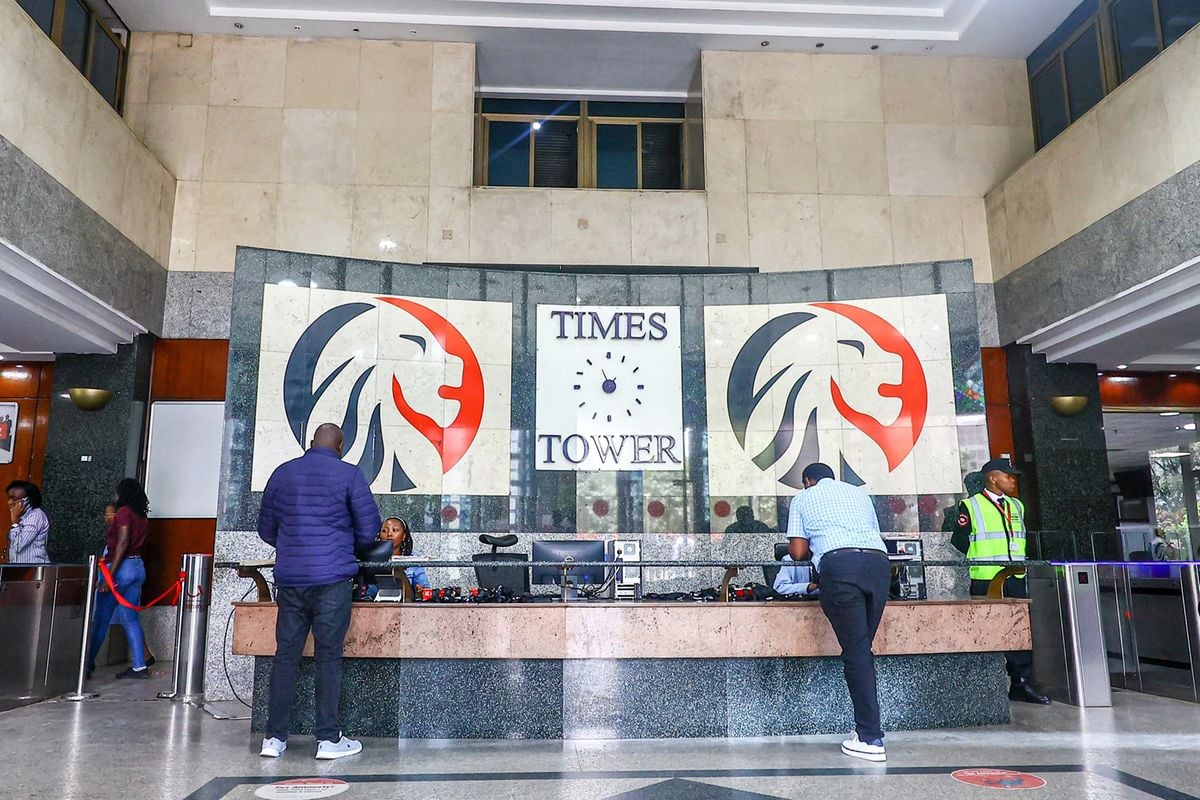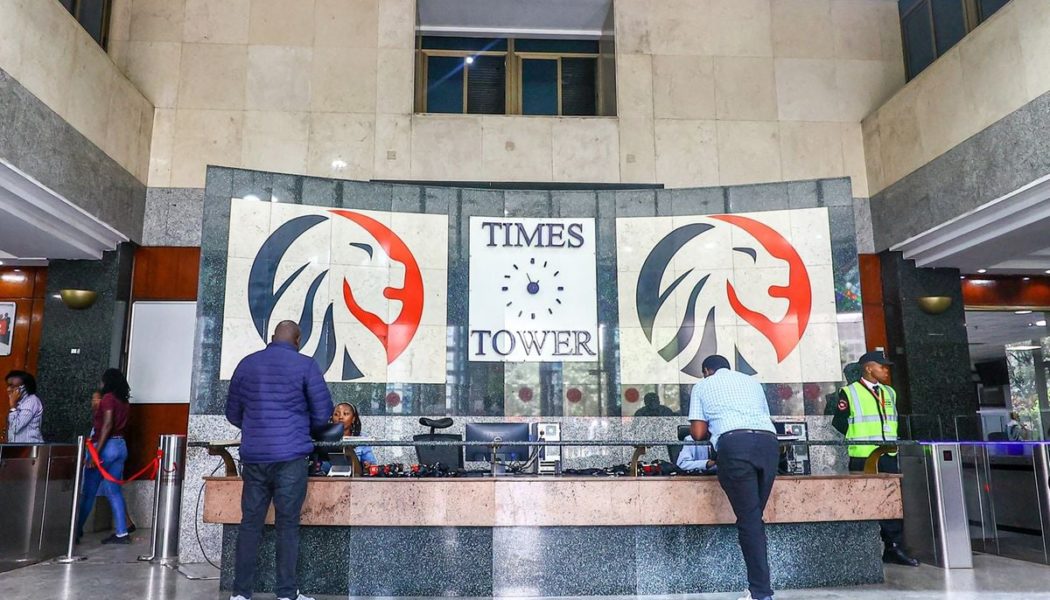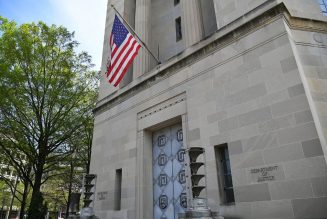
The Kenya Revenue Authority (KRA) has raised the tax rate charged on employers granting welfare support for the fourth straight quarter, dealing a setback to workers’ benefits.
The fringe benefits tax is a levy imposed on employees receiving extra welfare benefits such as cheap loans in addition to their wages.
In the latest adjustment, the taxman has raised the fringe benefits tax to 16 percent for the next three months until June on account of the prevailing high market interest rates.
“For purposes of section 16(2) (a) of the Income Tax Act, the prescribed rate of interest is 16 percent. This rate is applicable for the months of April, May, and June 2024,” Commissioner for domestic tax, Rispah Simiyu said.
The fringe benefits tax had been raised to 15 percent for the quarter to March this year, from 13 percent in the three months to December 2023. It had been retained at seven percent across 2021 until the quarter ended in June 2022 when KRA raised it to eight percent for the three months to September. The taxman then raised the tax to nine percent for the quarter to December 2022—a rate it retained for the period to March 2023.
Taxable employment income in Kenya includes all payments made by an employer to staff. This will include salaries, wages, bonuses, and fringe benefits received or enjoyed during employment. At the same time, the taxman has raised the deemed interest rate to 15 percent for the three months to June 2024 of which a withholding tax of 15 percent would be deducted and paid to it by the 20th day of each month.
The Central Bank of Kenya (CBK) on March 4, 2024, retained its benchmark interest rate at 13 percent on reduced inflationary and foreign exchange rate pressure.
The CBK had on February 6 this year raised the benchmark Central Bank Rate to 13 percent from 12.5 percent, marking a successive increase aimed at setting inflation on a firm downward path and easing pressure on the exchange rate.
Since the rise in February, there has been a slump in inflation levels while the shilling has made a major recovery against other global currencies, prompting the apex bank to hold the CBR.
Headline inflation for instance eased to 5.7 percent in March, the lowest rate in two years amid drops in the prices of key food items such as wheat flour, cabbage, and maize flour.









